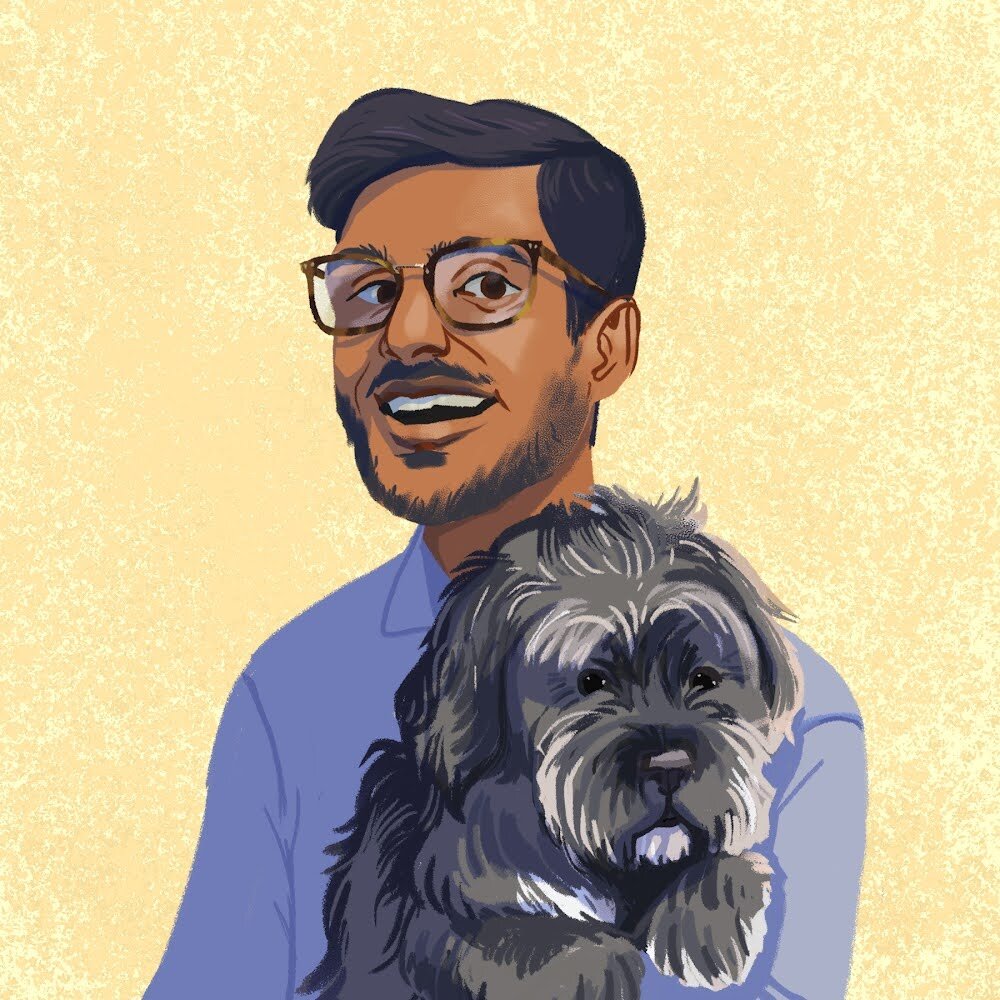Douglas Hofstadter's unrelenting quest to replicate the human mind
I was first introduced to Douglas Hofstadter by my friend Ashok who is a student of the history of science. Over dinner one night he told me that I should read Godel, Escher and Bach. I was in a period of devouring anything and everything that was recommended to me and after whetting my appetite with some journal articles and course syllabi, I dove right in. The experience I had reading GEB was very formative (others include Technological Society by Jacques Ellul and The Railway Journey by Wolfgang Schivelbusch) in my relationship to scientific thought.
GEB was one of the first times that I was formally introduced to neuroscience and artificial intelligence. It was one of the first times I felt like I had a low barrier of entry into mathematics and science, fields from which I had long felt estranged. All of this is a testament to Hofstadter's writing and ultimately the core idea in his book. Hofstadter sets out to make a case that intelligence and consciousness are made from the seemingly disparate building blocks of cognition. He uses math, visual art, music, puzzles and fictional narrative to demonstrate some universalities in intelligence and consciousness.
So when I came across a piece about Hofstadter in the Atlantic earlier this week, my interest was piqued. I haven't really heard or read much about him since GEB and I've always been curious why such a great contribution has had so little follow up. And this piece in the Atlantic makes it very clear why this is the case: Hofstadter has no interest in advancing artificial intelligence as a field in the direction it is headed in now.
To boil a long piece down to its basic idea, Hofstadter stands at one end of AI research where he and his research group are not interested in imitating how the mind works, but in understanding how the mind works. They're not happy with replicating some cognitive process with a computer and calling it a victory. On the other end of the spectrum are people like Peter Norvig and Stuart Russell who are interested in outsourcing cognitive processes to AI with no real concern for replicating exactly how that process may or may not happen in the human brain.
Appetite: re-whetted.
